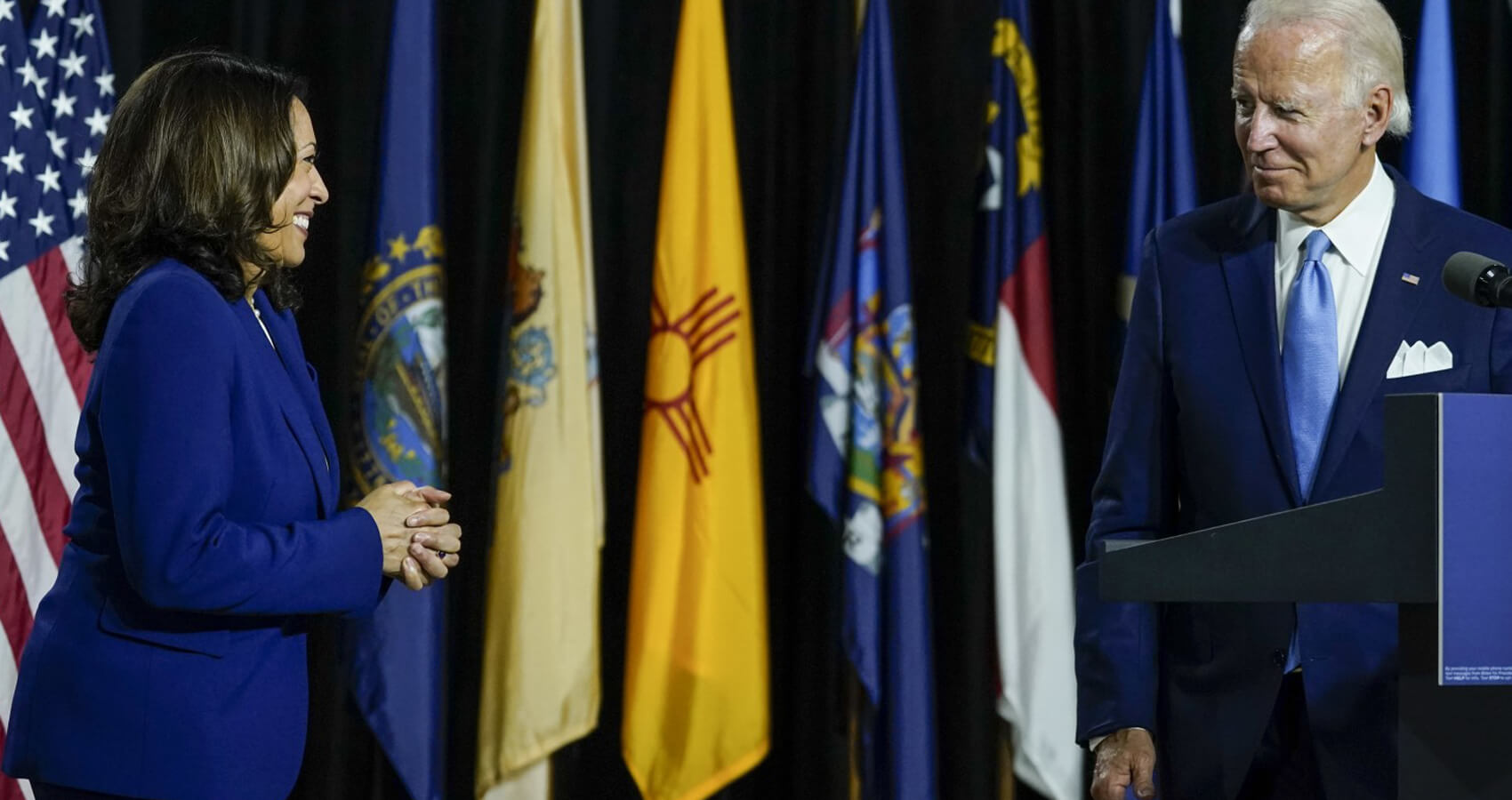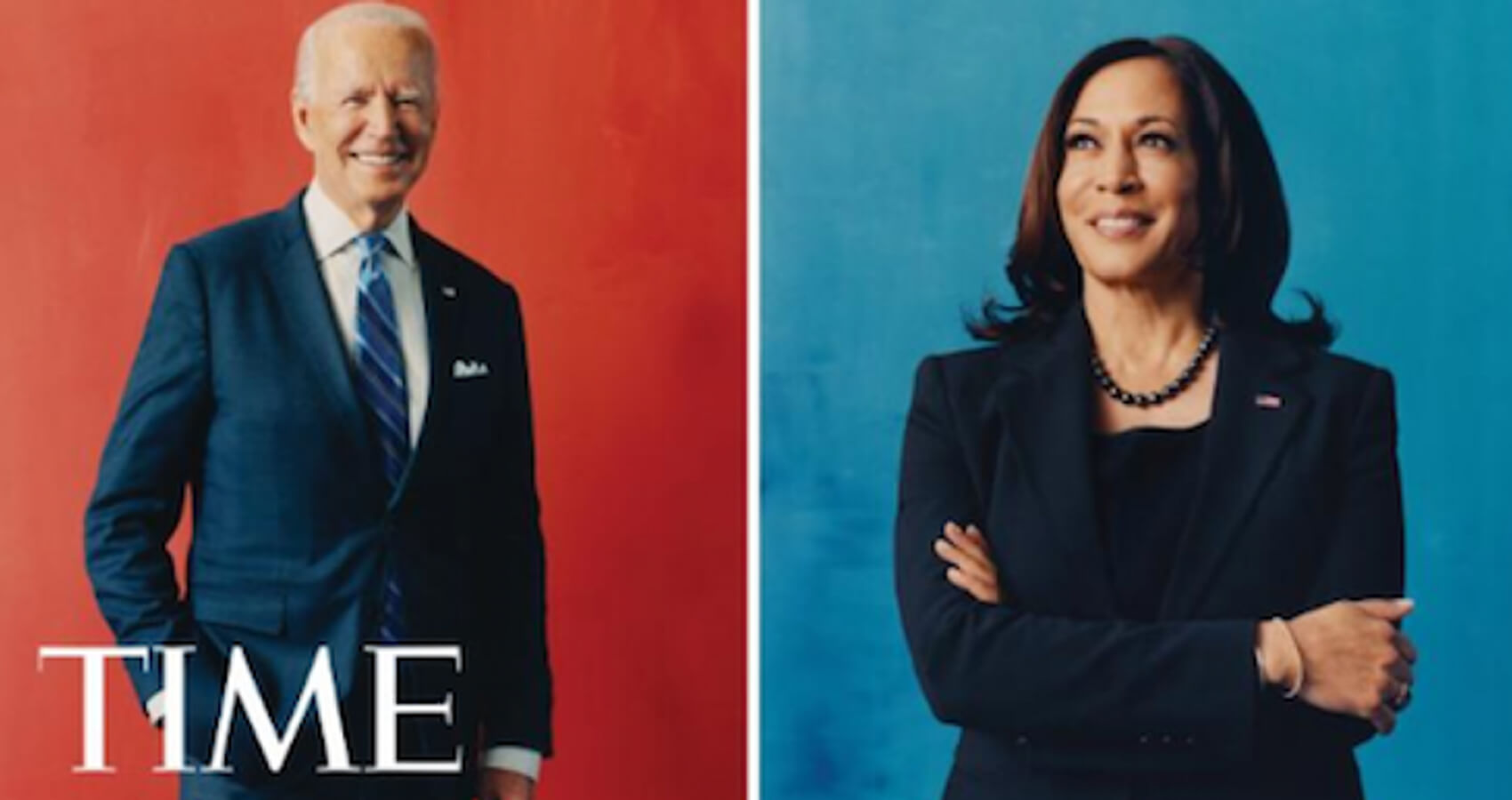Over five weeks after the General Election where President-elect Joe Biden and Vice President-Elect Kamala Harris secured over 80 million votes, defeating incumbent Donald Trump, Biden-Harris secured 306 electoral college votes to officially clinch the presidency, a major milestone that he reached as electors met in all 50 states and the District of Columbia to cast their ballots, awarding him the state’s electoral college votes at their meetings Monday in every state capital. .
The meeting of electors is the major step in the Electoral College process to affirm the general election results. In the US Presidential Election system, while the voters cast their ballots for president more than a month ago, the electoral college members are required by law to vote for president and vice president on the first Monday after the second Wednesday in December, which this year was December 14th.
It takes 270 electoral votes of the 538 available to become president. Biden-Harris won 306 Electoral College votes while Trump received 232.
The US Constitution gives the electors the power to choose the president, and when all the votes are counted. The results will now be sent to Washington, and tallied in a Jan. 6th joint session of Congress over which Vice President Mike Pence will preside. On Jan. 20th, Joe Biden and Kamala Harris will be administered the oath of office by John Roberts, Chief Justice of the US Supreme Court.
The way in which America formally chooses its president stands in stark contrast to how most of the world’s democracies select leaders. Heads of government are either directly elected by voters or by a parliamentary system in which the party winning the most seats in a national assembly selects the head of state. Complications can arise, such as the need to form coalitions, and, as the age old saying goes, politics makes strange bedfellows.
The Electoral College has come under criticism in recent times, as many detractors of the system hope, this is the beginning of the end of a system that twice this century has vaulted the loser of the popular vote to the presidency. This year’s race provides the latest motivation for change to supporters of the National Popular Vote Interstate Compact. It would compel member states to award their electoral votes to the winner of the nationwide popular vote. So far, 15 states and the District of Columbia have signed on. Advocates hope, perhaps unrealistically, that it will be in place by the next presidential election, reports suggest.
The spotlight on the Electoral College process has been especially intense this year because President Donald Trump has refused to concede the election and has continued to make baseless allegations of fraud,
This development is a crushing blow to President Trump’s controversial and unprecedented attempts to block Biden’s victory in the Electoral College by filing longshot lawsuits and pressuring lawmakers in battleground states to overturn millions of legal votes.



